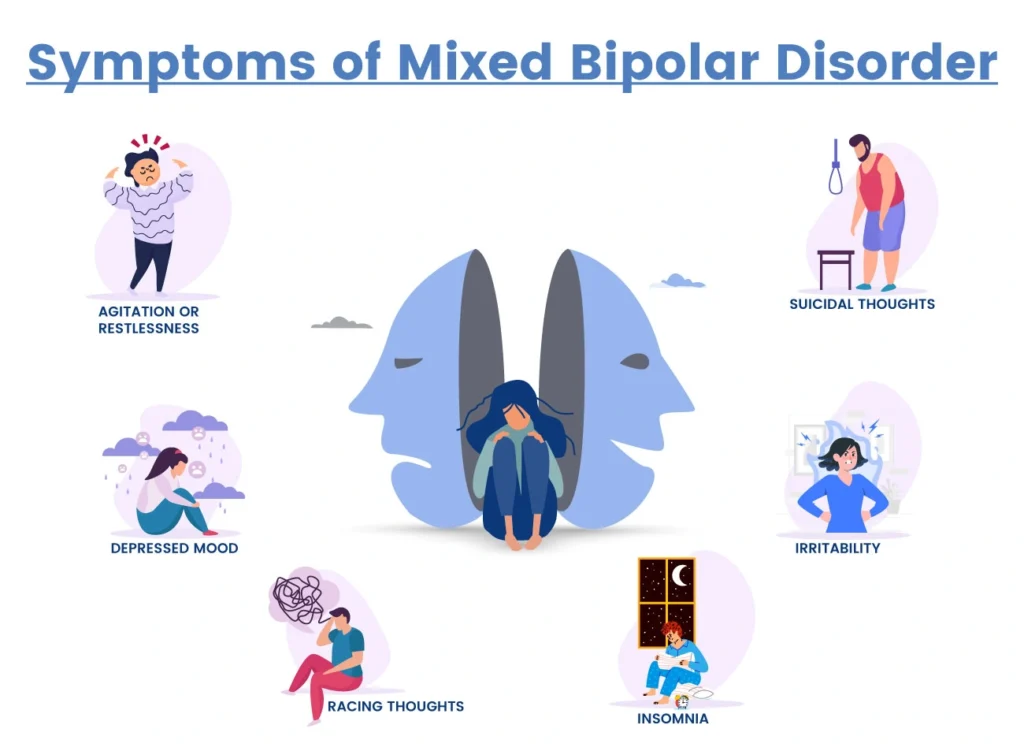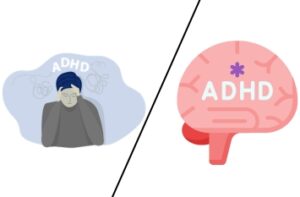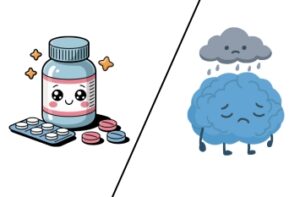The exact causes of mixed episode bipolar disorder are not entirely understood, but it is believed to result from a combination of genetic, biological, and environmental factors.
Research suggests that abnormalities in brain chemistry, particularly involving neurotransmitters like serotonin, dopamine, and norepinephrine, play a significant role in mood regulation. Additionally, a family history of bipolar disorder or other mood disorders increases the likelihood of developing mixed episodes.
Stressful life events, trauma, and substance abuse can also act as triggers, pushing someone into a mixed state. Understanding these causes can help in managing and preventing the occurrence of mixed episodes.
Genetic Factors
Genetics are a major factor in the development of bipolar disorder, including mixed episodes. Individuals with a family history of bipolar disorder are more likely to experience these episodes. Studies suggest that multiple genes, rather than a single gene, contribute to the disorder, affecting brain function and mood regulation.
Brain Chemistry and Neurotransmitters
Abnormalities in brain chemistry, particularly involving neurotransmitters such as serotonin, dopamine, and norepinephrine, are closely linked to bipolar disorder. These chemicals are responsible for regulating mood, and imbalances can lead to the extreme mood swings characteristic of mixed episodes.
Environmental Triggers
Environmental factors, including significant life stressors, trauma, or major changes in life circumstances, can trigger mixed episodes in those predisposed to bipolar disorder. Substance abuse and poor sleep patterns are also known to exacerbate symptoms, making the management of these factors crucial in preventing episodes.
Hormonal Changes
Hormonal fluctuations, especially during periods such as puberty, pregnancy, or menopause, can contribute to the onset of mixed bipolar episodes. These changes can affect mood stability, potentially triggering episodes in vulnerable individuals. Managing hormonal health is often a part of the overall treatment strategy for bipolar disorder.





